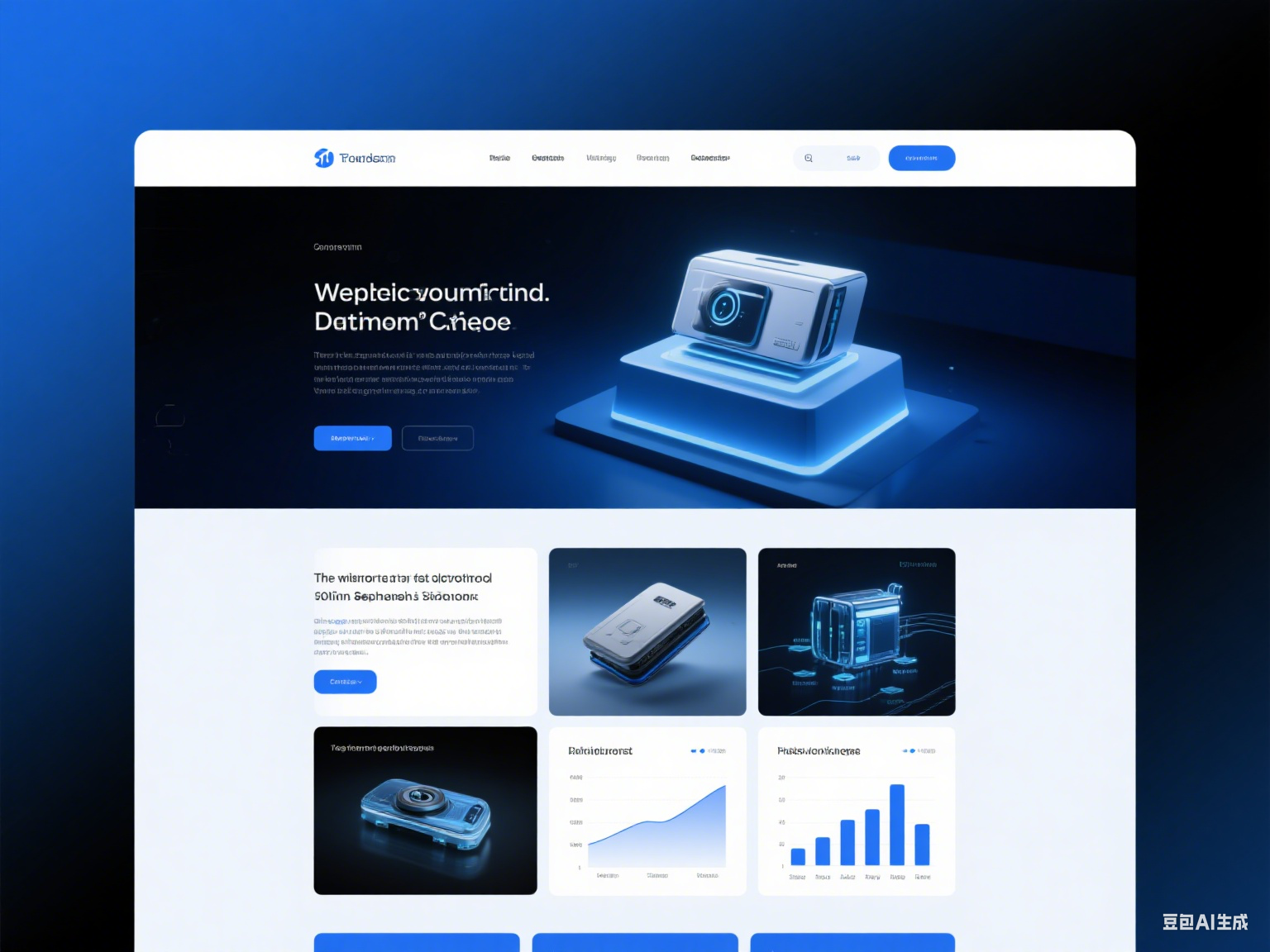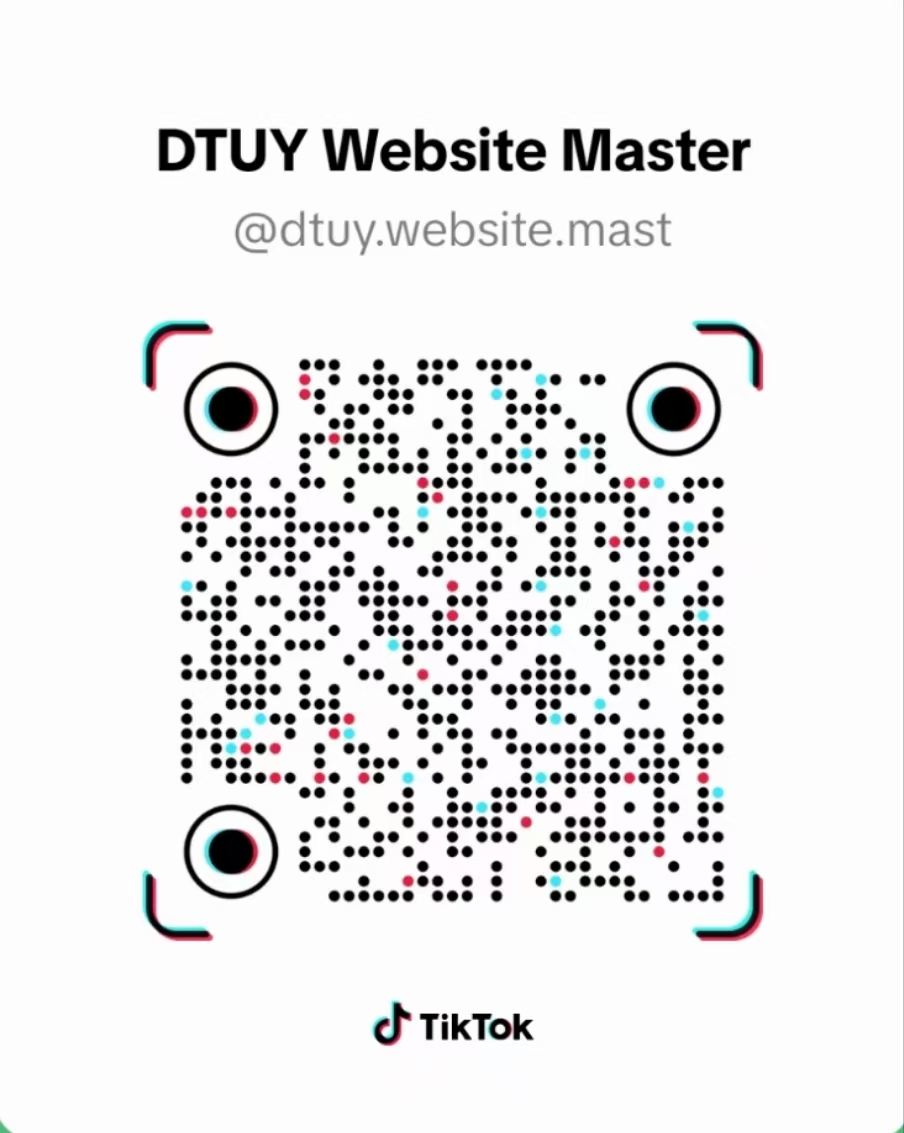In an era where digital presence defines credibility, website design is no longer just about aesthetics—it's a core part of your business infrastructure. But designing a website goes beyond choosing a theme or layout. It involves strategic decisions about user experience, data control, system performance, and security. One of the most critical decisions today’s organizations face is how their website will be deployed: should it be hosted via a SaaS (Software as a Service) provider, or should it be deployed privately?
At DTUY, we believe that private, self-hosted website deployment is the superior choice for organizations that value security, flexibility, and long-term control. This article walks you through essential steps in website design—while showing why the architecture behind your site matters as much as the content itself.
1. Start with Strategic Planning
Every successful website starts with a clear understanding of its purpose. Whether it’s a marketing site, a customer portal, a document repository, or a full-scale digital service platform, your design must reflect strategic business goals.
At this stage, define:
Target audience and user personas
Key use cases and customer journeys
Integration needs (CRM, ERP, internal systems)
Future scalability and localization plans
This planning process should also include a discussion about deployment architecture. SaaS-based tools may offer convenience, but they are often rigid and closed. At DTUY, we help clients map a roadmap that aligns not just with the immediate goals, but with future digital autonomy.
2. Choose Private Deployment for Full Ownership
SaaS platforms like Wix, Squarespace, or Webflow are tempting due to their low barrier to entry. But organizations must look beyond the surface. SaaS tools come with significant long-term limitations:
Lack of data control: Your content and user data reside on someone else’s servers.
Vendor lock-in: Moving away from the platform often means starting from scratch.
Limited customization: You’re restricted to what the platform allows.
Security concerns: A breach at the provider's end puts your website at risk.
In contrast, private deployment (self-hosting) gives you full control over your infrastructure, security protocols, and data governance. With a private server—whether on-premises or on a secure cloud you manage—you own everything: the code, the data, and the experience.
DTUY builds websites that are fully deployable on secure private environments. We architect solutions based on leading frameworks (e.g., Laravel, Django, Next.js) and ensure full source code ownership for our clients.

3. Focus on Secure, Modular Architecture
Designing your website's architecture is like laying the foundation of a building. A well-structured backend and frontend ensure stability, performance, and scalability.
For private deployments, this means choosing:
A robust backend framework (e.g., Node.js, Django, Spring Boot)
A modular frontend stack (e.g., React, Vue, or static site generators like Hugo)
A secure database (e.g., PostgreSQL, MongoDB)
Containerization (e.g., Docker, Kubernetes) for isolated and scalable deployment
DTUY engineers follow best practices in code modularity, access control, and zero-trust principles. We deploy sites behind secure firewalls, enforce HTTPS/TLS, and use reverse proxy setups (like NGINX) to harden security.
4. Design with User Experience in Mind
Visual design is the first impression users get. But great design is more than beautiful—it’s usable. We prioritize:
Responsive design: For flawless experience across desktop, tablet, and mobile
Accessibility: Compliance with WCAG standards for inclusive access
Navigation clarity: Simple menus, clear calls to action, and minimal friction
Performance optimization: Lazy loading, image compression, and CDN integration
On a self-hosted platform, these optimizations are far more effective. You control caching policies, page load behavior, and CDN logic. DTUY enhances this with real-time monitoring and performance testing to ensure high availability and speed.
5. Integrate Only What You Trust
Website functionality often depends on third-party integrations—analytics, CRM, chat, payment systems, etc. SaaS websites often force you to rely on their built-in tools or approved plugins, many of which are black boxes in terms of data handling.
With a private deployment, you choose what to integrate—and how. DTUY ensures that every external service integrated into your site is:
Vetted for data compliance (GDPR, CCPA, etc.)
Isolated from sensitive internal processes
Fully auditable and loggable
We also help clients replace risky third-party scripts with in-house modules to avoid dependency on ad networks or data-tracking platforms.
6. Implement Strong Security at Every Layer
Security is often the most overlooked part of web design—until something goes wrong. SaaS platforms put you at the mercy of their own security policies. A single vulnerability can expose hundreds of sites at once.
Private deployment, by contrast, allows for bespoke security architecture. DTUY implements multi-layered protection, including:
Web Application Firewall (WAF)
Rate limiting and bot detection
Role-based access control (RBAC)
Automatic backup and disaster recovery systems
Regular penetration testing and patch management
Most importantly, your data never leaves your control.
7. Maintain Autonomy for Long-Term Stability
SaaS companies can change pricing, remove features, or shut down altogether—leaving businesses scrambling. When you own your platform, you protect your investment.
DTUY provides clients with full documentation, source code repositories, and DevOps support to ensure true digital sovereignty. You’re not just building a website—you’re building a digital asset that is resilient, portable, and future-proof.
8:Build Smart, Build Secure, Build Independently
Designing a website is not just about launching something fast—it’s about building something sustainable, secure, and strategic. SaaS may offer convenience, but it comes at the cost of control, customization, and confidentiality.
At DTUY, we encourage our clients to think bigger. Our expertise lies not just in beautiful frontends, but in building self-hosted, enterprise-grade websites that stand the test of time. We help you take ownership of your digital presence—without compromise.
If you're serious about long-term digital control, don't rent your presence—own it




 112
112

















